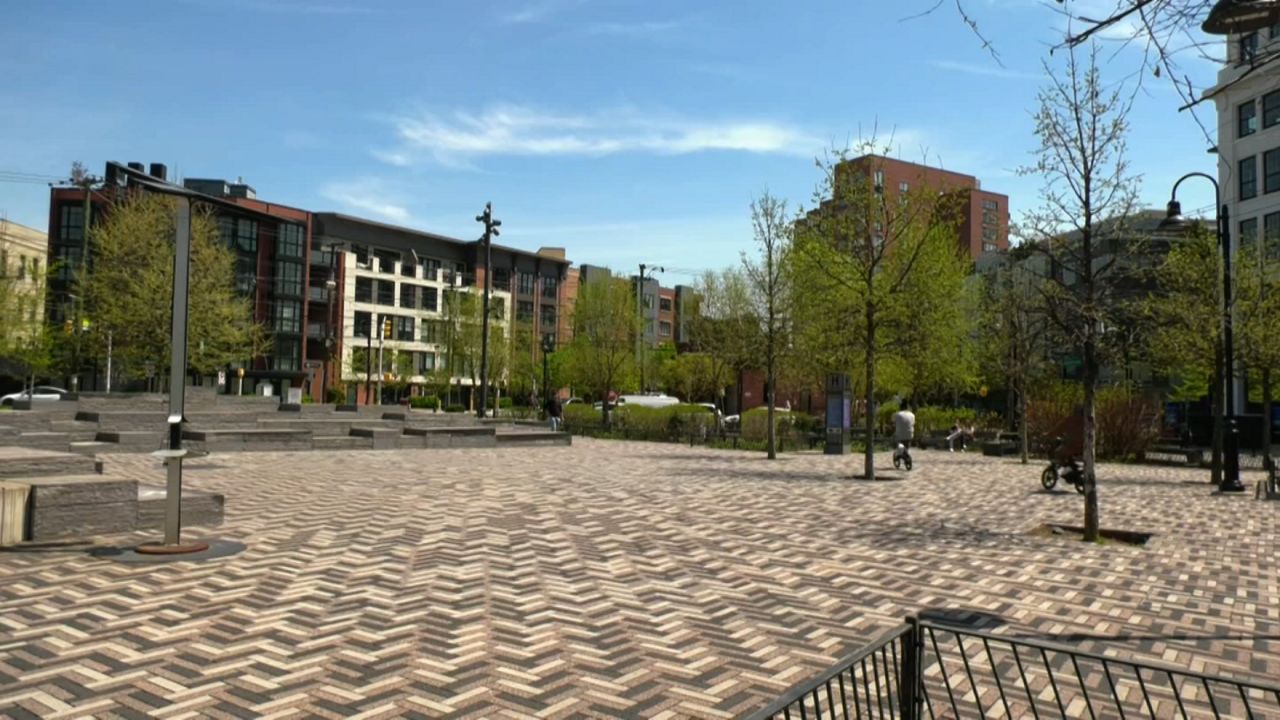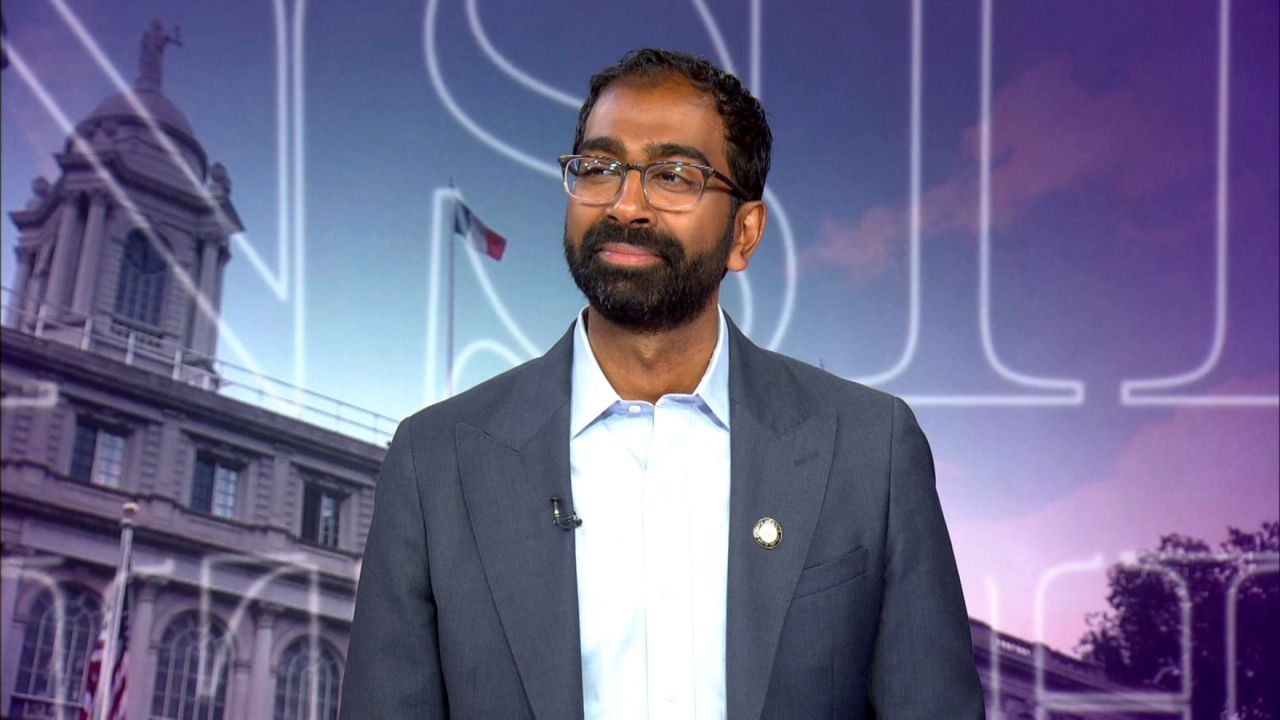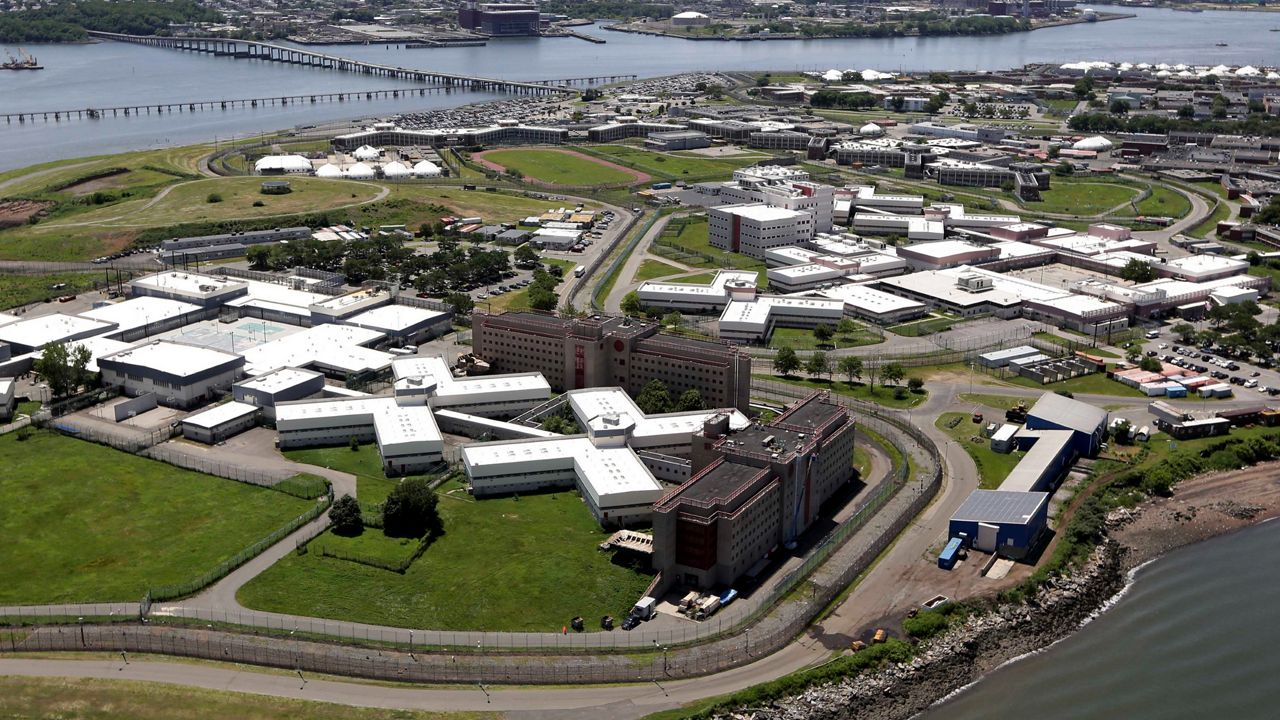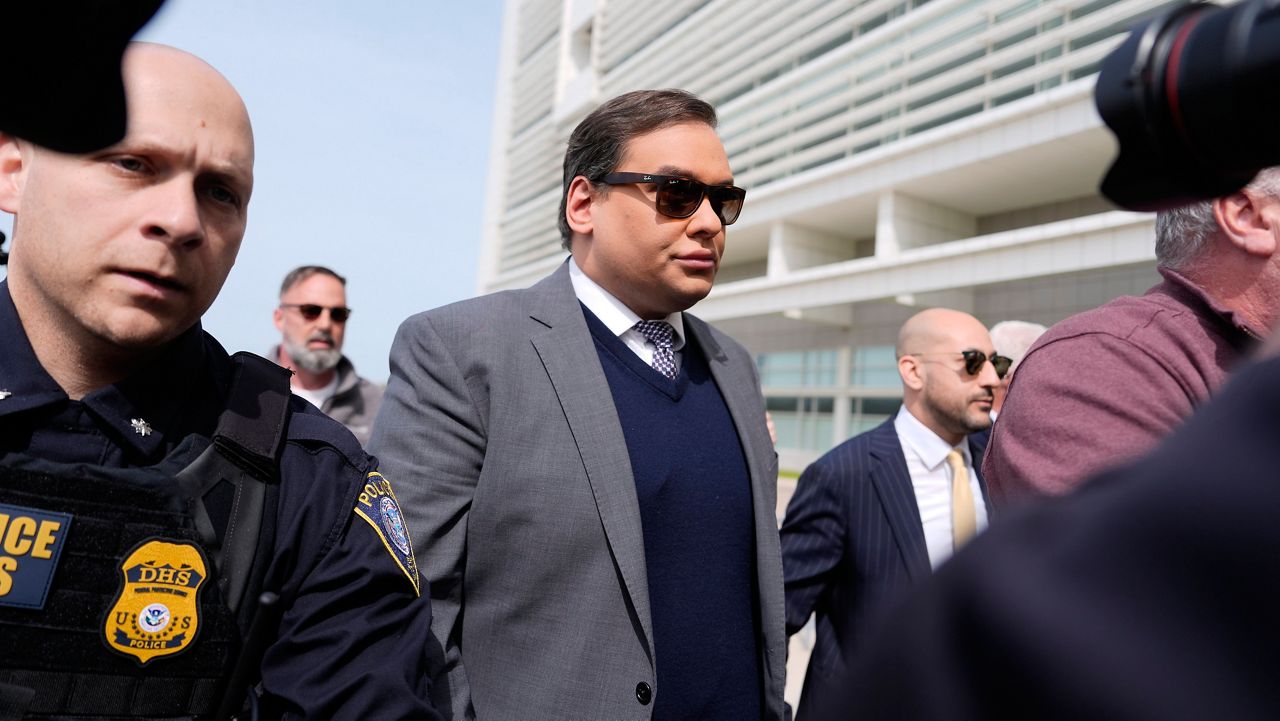The $175 billion state budget, which was passed by weary lawmakers early Monday morning, contains plenty of big-ticket policy items that go far beyond the parameters of a dry, fiscal blueprint. In their legislative laundry list, lawmakers gave the green light for a major new toll designed to reduce traffic in Manhattan as well as a publicly funded statewide campaign finance system.
Here's a rundown of what will change, and what won't, as a result of Monday's budget.
WHAT GOT DONE?

Arguably the most divisive item in the budget is congestion pricing, a toll on vehicles entering the busiest parts of Manhattan. The state agreed to create a commission that would implement Gov. Andrew Cuomo's proposal, which calls for charging drivers a fee to enter the borough south of 61st Street.
There will be some exemptions. The West Side Highway and the FDR Drive will be exempt from tolling. People who earn less than $60,000 and live in the congestion zone can avoid the fees. There will also be exemptions for some people with disabilities. Taxis and for-hire vehicles are already charging passengers a congestion fee for rides in Manhattan south of 96th Street.
The tolls are intended to raise billions of dollars for much-needed work to modernize New York City's subway and bus systems, while also discouraging vehicular traffic in the densest part of the nation's largest city. Similar tolls are in place in London, Singapore and Stockholm, but this is the first of its kind in the United States.
When would New Yorkers find out the exact cost of the toll? The commission has to come up with a figure, and the program wouldn't go into effect until 2021 at the earliest. But that gives lawmakers some breathing room who face voters when they're up for re-election in 2020. And if the legislature doesn't vote to reject the commission's eventual recommendations, they will go into effect automatically.

The plastic bag is on its way out of New York State (and the paper bag will have an added cost).
The budget includes a deal for a statewide ban on plastic bags to take effect on March 1, 2020. There will be a number of exemptions, such as trash bags and bags used to contain uncooked meat or fish, and the state's various counties and localities have the option to opt out of the paper bag tax.
Environmental groups have long pushed for a ban on single-use plastic bags, worried that their proliferation is contributing to water and ground pollution, as well as choking marine wildlife. Several local governments have moved in recent years to ban plastic bags and install a fee on paper bag usage. New York City attempted a plastic bag fee in 2018, but state lawmakers and the governor ultimately reversed it.
In addition, shoppers will be charged five cents for each paper bag they use. Out of that, three cents will be put toward the state's Environmental Protection Fund. The remaining two cents will go toward the local government.

The highest-profile criminal justice reform that passed as part of the budget eliminates cash bail for most misdemeanor and nonviolent felony arrests. The governor said this means 90 percent of people arrested and charged, but not yet convicted of a crime, will now stay out of jail.
Other reforms include the closure of up to three upstate prisons, although it has yet to be determined which three will be closed, and the continuation of solitary confinement reforms.
Deadlines for trial will also be better enforced: three months for misdemeanors and six for felonies. If they are not met, charges will be dropped.
The changes also require prosecutors and defense lawyers to share material to be used during trial within 15 days of a person's arraignment so defendants can properly prepare their cases.
These changes will be implemented in January and will not be retroactive.

Lawmakers created a commission that will make recommendations on publicly funded elections by the end of the year. As with congestion pricing, the recommendations will take effect if lawmakers do not vote against them.
Some supporters of public financing are unhappy about creating a new commission, saying lawmakers should have devised a plan themselves.
"It should be the legislature's role to make the laws of the state of New York," said Assemblyman Bobby Carroll of Brooklyn. "We should not be creating commissions to draft legislation. It's circumventing our constitutional authority."
NY1's Zack Fink asked Cuomo why he thought it was necessary to go the commission route.
"It is too complicated," the governor responded. "It's not a simple system to put in place. It's especially not simple statewide."

In 2012, the state began to cap yearly property tax increases at 2 percent, a major issue for many residents outside New York City. This year's budget makes that property tax cap permanent.
The budget also introduces what is being called a "mansion tax." Starting on July 1, a tax on home buyers will be levied on the sale of any residential properties valued at $25 million or more. This tax will be used to help raise funds for the MTA.
Another tax aimed at helping raise funds for the MTA is an internet sales tax that will be levied on retailers who sell their products online. The governor says that this will also help brick-and-mortar stores in New York State, who have been at a disadvantage since many online retailers do not charge sales tax.
WHAT ISN'T IN THE BUDGET?

Once widely expected to pass early on in the legislation session, the legalization of recreational marijuana is up in the air.
The governor and most Democratic lawmakers agree that recreational marijuana should be legal in New York state, but implementing a statewide program is complex, and Cuomo and the legislature have different ideas of what it should look like.
The governor wanted it be done as part of the budget, in part to settle on how much revenue it could raise for the MTA, but he acknowledged last week that it will have to wait.
In addition to needing to figure out logistics of a statewide program, the new Democratic-controlled state Senate has several new suburban members who represent swing districts where legalization of marijuana may be less popular. And one of the biggest differences between the legislature's version of marijuana legalization and Cuomo's is that the legislature would allow people to grow their own marijuana. The governor maintains that only licensed dispensaries should be able to grow it, ensuring the state gets its share of tax revenue.
The state could still pass marijuana legalization later in the session, which ends in June.

There had been brief discussions of expanding gambling in New York City, including possibly adding a casino in the city, as a way to pay for the ailing transit system. New York legalized gambling in 2013, but the only full casinos are upstate. In the city, there are video lottery terminals at a "racino" at the Aqueduct race track in Queens.
But the governor has said he is "very skeptical" about the idea and distrusts estimates of the promised windfall of tens of thousands of jobs. Assembly Speaker Carl Heastie noted that he was "not the biggest fan of gambling." Ultimately, gambling expansion did not pass in the budget.
Information from the Associated Press was used in this story.








